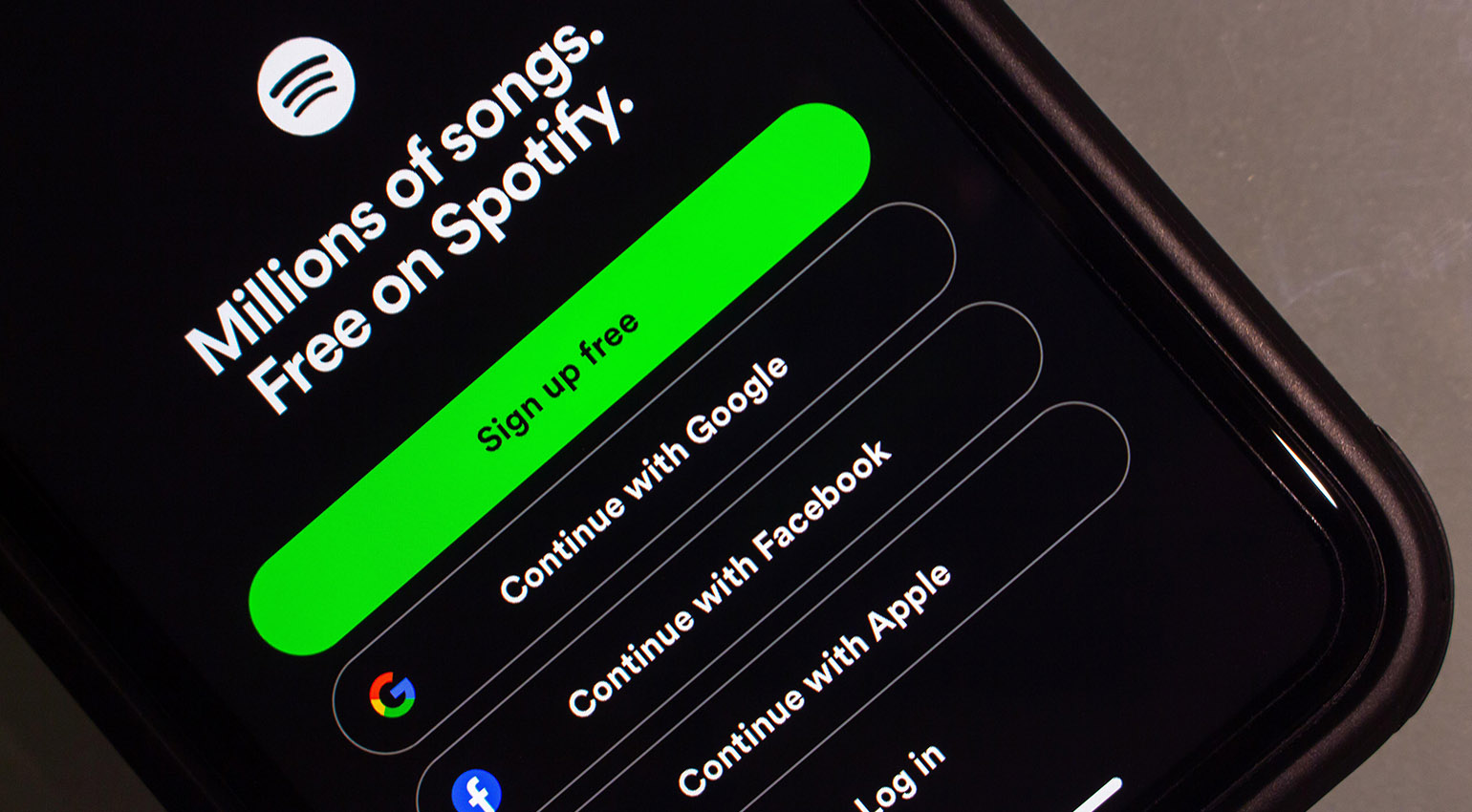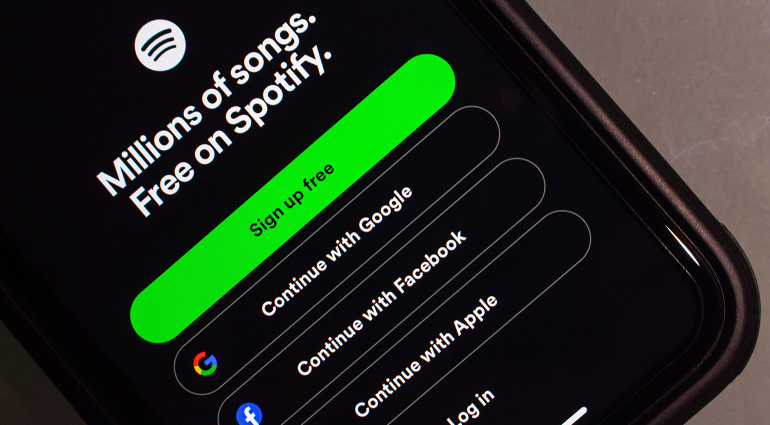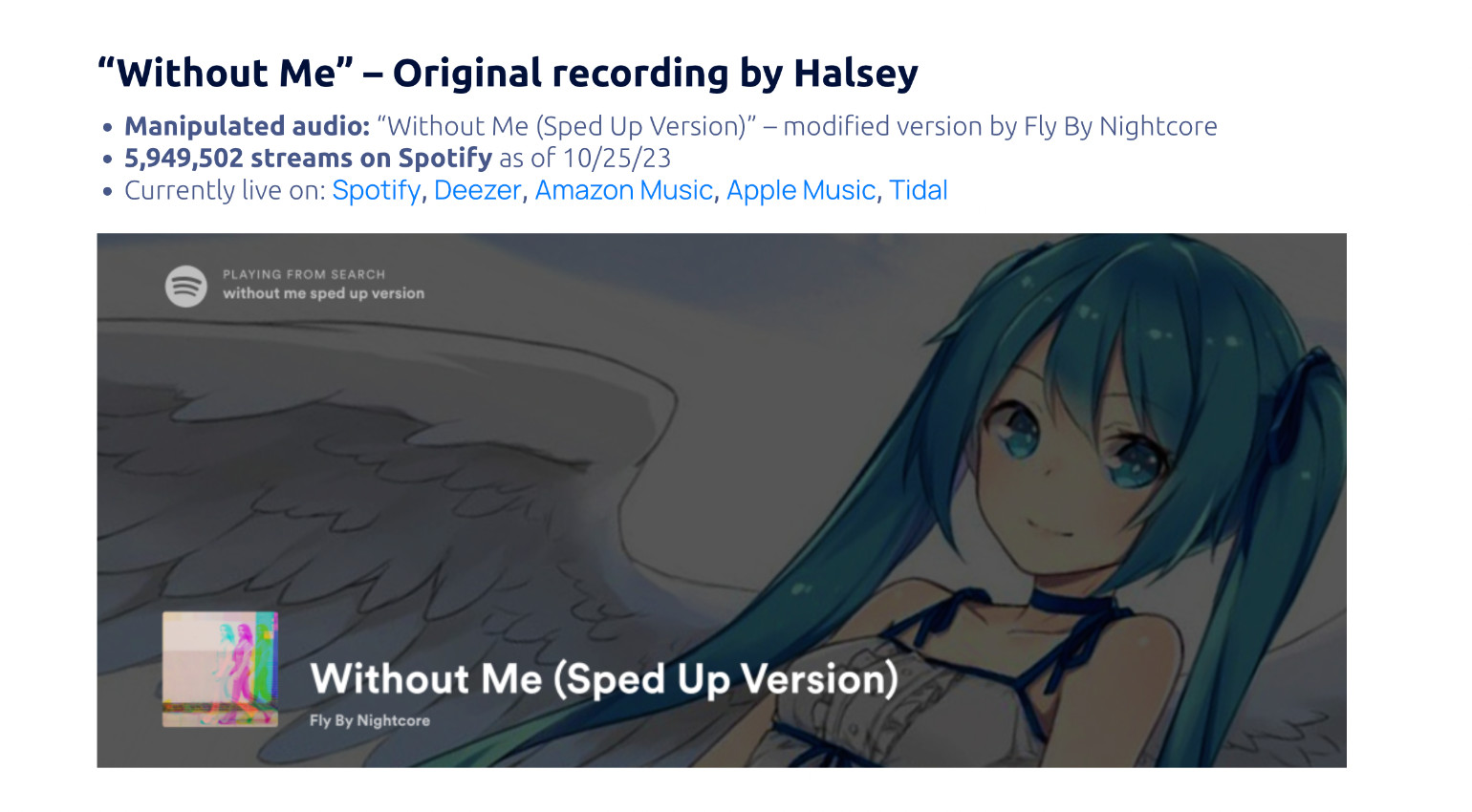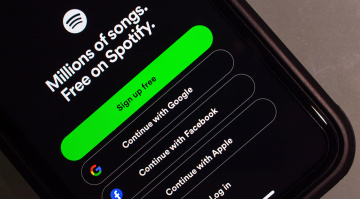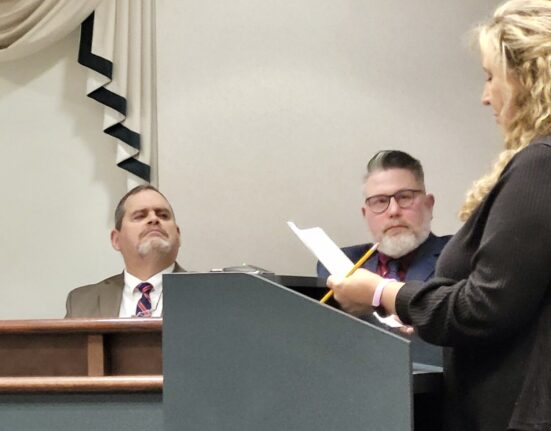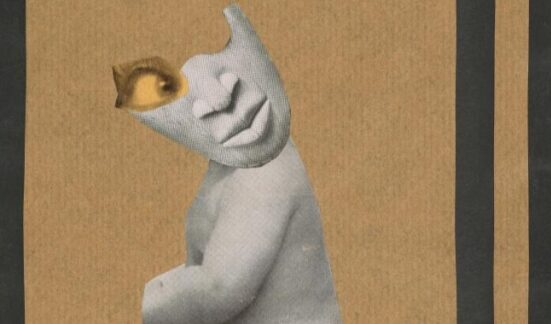Is there a wide-ranging royalty scam happening on music streaming services? Music Business Worldwide (MBW) reports that a recent study by Pex, a company specializing in detecting streaming fraud, found over one million fake tracks. These songs are slightly altered versions of popular tracks at different speeds or manipulated in other subtle ways. What do we know?
Pex has some alarming results for fake tracks on DSPs
Imagine searching for your favorite song, like “Without Me” from Halsey,” on Spotify and playing it endlessly, only to find out that you played a modified version where neither the artist nor their record label will see a dime! As Rasty Turek, CEO of Pex, explained in a recent interview with MBW, his company’s recent study found over one million different tracks on all digital service providers (DPS) like Spotify, Apple Music, or Deezer.
With over 100,000 new Songs uploaded per day and catalogs of over 100 million songs, this has largely gone unnoticed until recently. Fraudsters slightly change a famous track’s speed or pitch or alter it almost unnoticeably so that the DSP’s algorithm is unable to detect the upload. In their study, Pex found manipulated tracks from heavyweights like Justin Bieber, Coldplay, and The Chainsmokers, all uploaded from different artist profiles and with slight alterations.
Tough times for small artists: Manipulated tracks and higher streaming limits
And some of these maniultaed tracks had play counts of 25 million plays or more! And none of these newly generated royalties go to the artist or record label! With a number of manipulated tracks this high, there are bound to be songs among the “faked” versions from smaller artists as well. And with Spotify’s recent changes, this adds insult to injury.
Because the world’s biggest DSP recently changed its payout model in a way that significantly impacts smaller artists. Since January 1, 2024, Spotify will only pay out what an artist has earned on the master recording after 1,000 plays. While this new limit does not affect songwriting and publishing royalties, recording royalties amount to roughly 80 percent per song.
As to the origins of these manipulated tracks, Turek further explains that uploading sped-up, slowed-down or reverb-ed versions has its roots in newly popular genres like Nightcore. Many popular tracks or manipulated this way because of the aesthetics of the genre. But rarely are the original artists credited. More on DSPs and Music Streaming
Image Sources:
- Manipulated Tracks like “Without me” cause damage for the artists! : Pex
- Artists Alert: 1M+ Manipulated Tracks on Streaming Sites like Spotify: Koshiro K / Alamy Stock Foto

